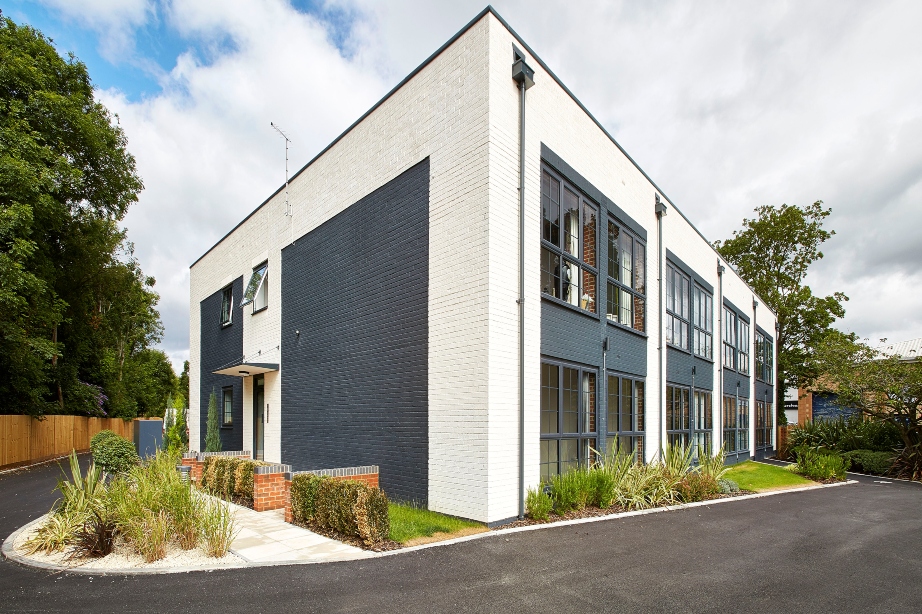The government announced plans on the 21st of July to make larger permitted development without full planning permission permanent and relaxed rules surrounding change-of-use making it easier for landlords and developers to repurpose buildings. These changes come into effect from September 2020.
Housing Secretary Robert Jenrick said: ’We are reforming the planning system and cutting out unnecessary bureaucracy to give small business owners the freedom they need to adapt and evolve, and to renew our town centres with new enterprises and more housing.’
Developers have been granted the ability to demolish vacant shops or change them into homes without planning permission. Considering the impact of Coronavirus this may be the saviour for many landlords who can change empty high street stores into offices or homes depending on demand but mean big changes for the UK’s high streets.
Some believe this represents a huge opportunity for investors and developers, with potentially transformative changes to the nation’s high streets which have been so badly damaged by the Coronavirus crisis.
It is not just high streets that are affected, retail parks and commercial areas could now also be developed into housing. But, does this mean that converted retail or office space will lead to substandard housing that does not reach minimum space requirements?
Converting 1960’s offices into luxury apartments
SWJ Consulting completed a similar project converting tired office buildings into luxury flats.
Ringway and Kelvin House in Newbury were two 1960s office blocks with a dated geometric design. The client was looking to convert the buildings into residential flats but also refurbish the exterior to make them more attractive to potential owners. The developers called us in because the building was 40 years old and steel framed and they wanted an assessment of the structure before continuing. We assessed the condition of the steel frame, concrete slabs and lattice truss roof, all visible internal steelwork and connections and beams buried in the walls and columns. Then excavated through the concrete floor to confirm the condition of the base plates and check for any corrosion.
Having consulted us early in the project meant we could identify any elements that needed replacing, in this case, it was only the lintels above the windows that were inadequate.
Because the building was being refurbished there was an internal redesign that involved in filling the existing stairs and breaking holes in the slabs for new stairs, we also needed to install new steelwork to trim the opening of the new stairs.
The building was then cladded to give it a cleaner modern look as well as the completion of the internal refurbishment.
Kelvin and Ringway House are great examples of how existing buildings can be successfully converted into flats to help ease the housing crisis and relieve the economic impact of the Coronavirus on landlords.
https://swjconsulting.co.uk/portfolio-items/ringway-and-kelvin-house-2/
Consulting a structural engineer early in the project
If you are considering a change of use for one of your buildings, it is worth consulting us at the earliest opportunity so we can alert you to any potential issues. If you have plans in place then it is worth letting us have a look at them as we can usually value engineer our fee, so you have no additional costs. Call us today on 01993 225 085 or mail@swjconsulting.co.uk





